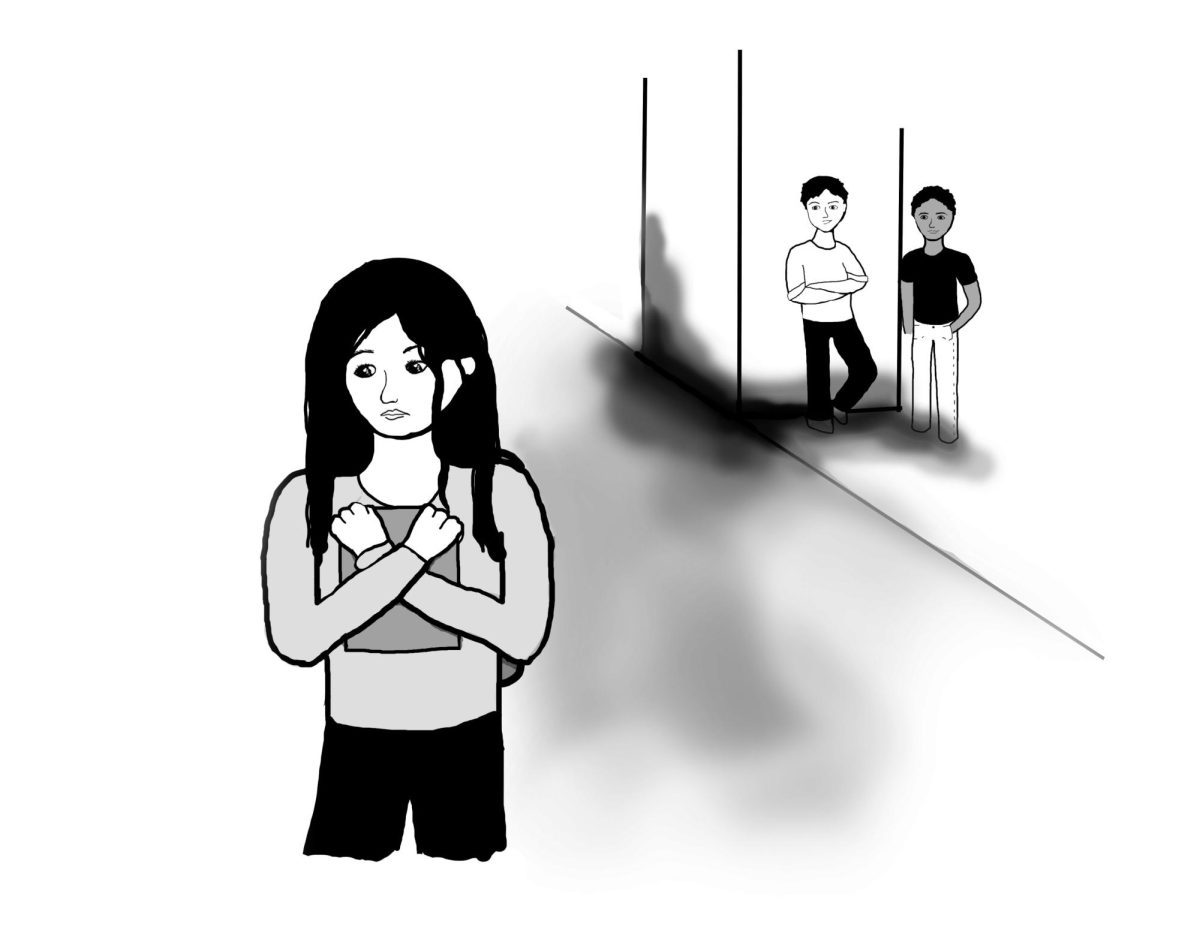
Rogers Miles, senior adjunct assistant professor of religion & general studies, has a second identity. He doubles as Cushing Eells, the founder of Whitman Seminary at Fort Walla Walla, and made an appearance as Eells in the Reid Campus Center on Founder’s Day, Tuesday, Feb. 16.
In the spirit of Founder’s Day, The Pioneer asked Rogers Miles some questions about Cushing Eells and Whitman’s history.
Pioneer: What is Founder’s Day?
Miles: As far as I know, Founder’s Day hasn’t been celebrated in recent years. This is the attempt to revive it. Cushing Eells was born in 1810; Founder’s Day is his 200th birthday.
P: Why do you think Founder’s Day is important?
M: It’s good to be reminded that the college isn’t named after Walt Whitman. While going to a college that has missionary connections may make some students uneasy, missionaries are very important as ambiguous figures. For instance, we have a high percentage of students that serve in the Peace Corps, which is similar to being a missionary.
P: When did you start impersonating Cushing Eells?
M: I started doing this maybe 10 years ago. I sort of volunteered at Fort Walla Walla as a living history program. They asked me if I might do Cushing Eells. I had never heard about him. He turned out to be quite an interesting character.
P: Who is Cushing Eells? What did he accomplish?
M: I think of him as a person that didn’t enjoy much success for much of his life. He spent nine years in a mission station about 25 miles to the northwest of the city of Spokane called Tshimakin. All those nine years, he never made a convert.
They had to leave their mission station when the Whitmans met their untimely end. They were escorted out of the upper Columbia by the Oregon militia. They spent their next 10 years in the Willamette Valley.
Then, in 1859, the upper Columbia opened again after the Indian wars ended. Eells went to check on the Whitman mission. He had a religious experience and as a result of that, he decided he wanted to found an institution of higher education. The first Whitman was a high school called the Whitman Seminary.
P: What are your students’ reactions when you appear in costume?
M: I’ve only dressed up for the students in my Religion in America course. I used the Whitmans (and Cushing Eells) as the culmination of a religious phenomenon called the Second Great Awakening. Every spring, when I’m offering the course, I usually appear in costume.
P: How long does it take to prepare for your role as Cushing Eells?
M: It’s surprising. You have to go back and review. I’m always surprised how much I forget. I find that every presentation you learn something new. I don’t have a script; I usually have a feeling of what my path may be. There’s a lot of spontaneity in the performance.
P: What do you do as Cushing Eells?
M: Every Saturday and sometimes on Sundays during the summertime at Fort Walla Walla, a historical personage will appear and talk about their lives, as a result of time travel. They have a pioneer village, which is another interesting place to go. I’ve performed at the Whitman mission once and I’ve performed for local groups. I’ve walked in parades downtown with other living history people.
P: Do you feel like Whitman students are becoming disconnected from their history?
M: Well, yes to a certain extent. It may be because the history of the college is embarrassing. I would just say that missionaries are interesting figures in their own right. They’re full of good intentions.
P: What should students take away from Founder’s Day?
M: If they realize that missionaries were altruistic people, but they ended up doing a lot of damage despite their altruism, I think that’s a good thing to remember in this day and age. This is one reason that it’s important to get an education so you don’t run amuck with your good intentions. You’ve developed a kind of openness and humility, which education does.
P: What do you think about Whitman’s mascot, the missionary?
M: Missionaries could be cautionary figures, in part because we’re more like them than we like to think.










